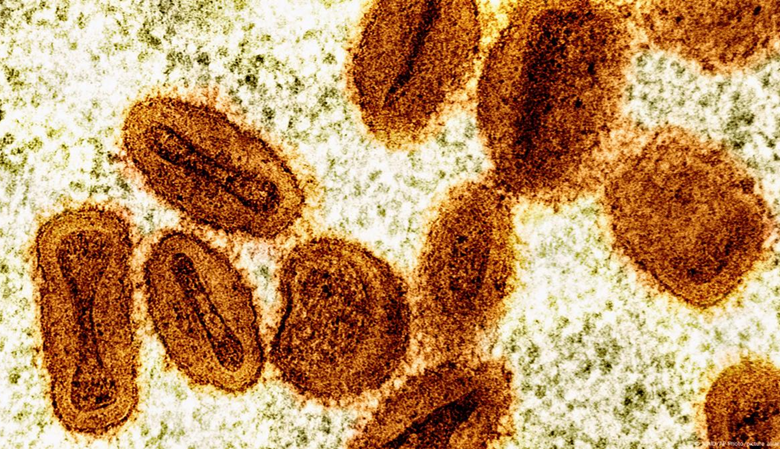Thailand Reports First Case of More Dangerous Mpox Strain in European Tourist

News Mania Desk/Agnibeena Ghosh/21st August 2024
Thailand has identified its first case of a potentially more dangerous strain of Mpox, detected in a European man who arrived from Africa last week. The announcement was made by Thongchai Keeratihattayakorn, the director-general of Thailand’s Department of Disease Control, on Wednesday. This case is particularly notable as it involves a strain of Mpox that may be more virulent than previously known.
The infected individual arrived in Thailand on August 14 from an unspecified African country where the disease is currently spreading. Although the exact strain of Mpox remains to be confirmed, the Thai authorities are treating the case with heightened caution due to the potential severity of the Clade 1 variant. This variant has been identified as more dangerous, prompting officials to take immediate action to prevent further spread.
Mpox, which has been present in Africa since the 1970s, has recently garnered increased global attention due to its expanding reach and potential impact. The World Health Organization (WHO) has labeled the spread of this disease as a public health emergency of international concern. As a result, there has been a concerted effort to address the outbreak, particularly in the African continent where it is endemic but under-resourced.
Public health officials in Africa are working diligently to avoid the mistakes made during the Covid-19 pandemic, such as delays in vaccine acquisition. With the WHO’s declaration of a public health emergency, the focus has shifted to ensuring that vaccines reach the affected regions promptly. Vaccines are expected to arrive in Africa next week, and there is a strong emphasis on effective supply chain management to ensure that these inoculations are distributed and administered efficiently.
The challenge of vaccine distribution in Africa is compounded by the continent’s reliance on imported vaccines and the lack of local production capabilities. During the Covid-19 pandemic, Africa faced significant delays in vaccine access, a situation that has been compounded by the lack of a robust local vaccine manufacturing industry. Efforts to establish such an industry have faced numerous hurdles, but the Africa Centres for Disease Control and Prevention (Africa CDC) is committed to overcoming these obstacles.
Jean Kaseya, the director-general of Africa CDC, has underscored the importance of local vaccine production to enhance the continent’s preparedness for future outbreaks. The Biovac Institute in South Africa is in discussions with the Africa CDC about transferring technology to enable local production of Mpox vaccines. This initiative is part of a broader strategy to build up Africa’s emergency response capabilities and reduce reliance on external vaccine supplies.
As Thailand and other nations grapple with the implications of the new Mpox strain, the global health community is closely monitoring the situation. The arrival of vaccines in Africa and the development of local production capabilities are critical steps in managing and eventually controlling the Mpox outbreak. For now, health authorities worldwide remain vigilant, working to prevent further spread and mitigate the impact of this emerging public health challenge.






